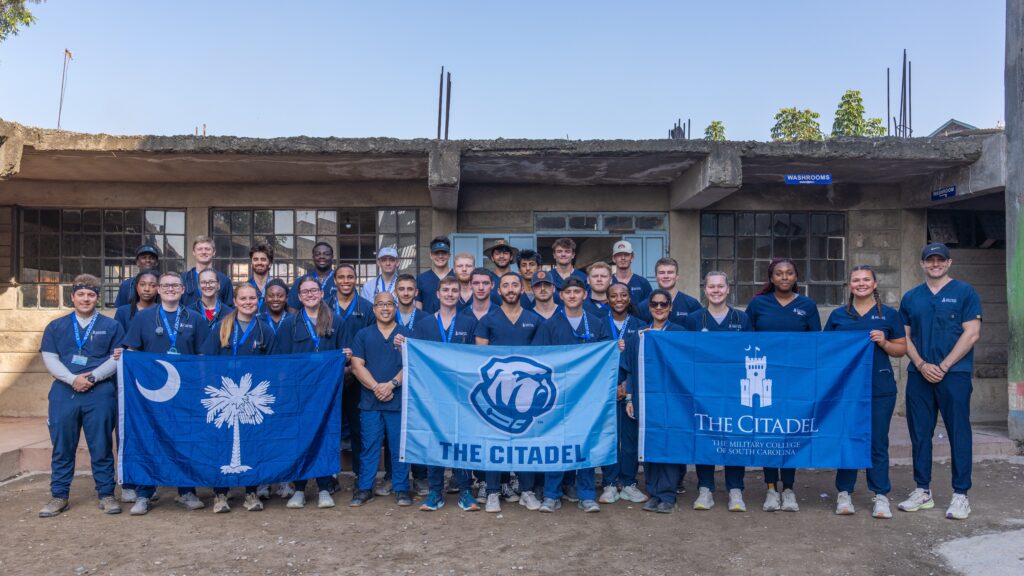
Photos and video courtesy of Ryan Kasyan
By Cadet McKenna Magin, ’27
“There really is no way to describe it, you just have to go,” a friend of mine, Tripp Williams, told me this when I was asking him about his Kenya experience in 2024. He went on to describe how it transformed his view of the healthcare field and fueled the passion in him to be a doctor who saw people for who they are before seeing them for their medical concern. A little hesitant, but so excited for the possibilities ahead, I told him I would apply and see what happened. “Let’s go dude, that is awesome,” he replied, eager for me to experience this on my own. I applied and was accepted for the program the following year, three months after Tripp’s unexpected passing.
In May, over the course of three short weeks, our team set up free medical camps in Kayole, Kariobangi and Kibera, three of the most prominent slums in Kenya, Africa. Within these camps we were able to serve almost 14,000 people, most of whom would have zero access to healthcare without our team. Testimonies of people who hadn’t seen a physician since the previous year of camp were a common conversation throughout tents. This program doesn’t just change students’ outlook on the world — it saves lives and gives tangible healthcare experience to students that they wouldn’t receive in an undergraduate classroom. We saw everything from malaria to latent tuberculosis, bone deformities to allergies. I will never have the opportunity to see some of these conditions treated in US, because we are so fortunate to have the healthcare systems in place that we do. Day after day we triaged, ran labs, treated, prescribed and gave out medications to patient after patient.
It was in our first week of camp, while shadowing Dr. Sarah Imam, Associate Professor of Health and Human Performance, that I met Justin, a six-year-old boy with a deformity in his left ankle from two previous breaks that had healed incorrectly due to lack of treatment available. Not only were we able to see him as a patient, but because of donations and financial support, we were able to work with a surgeon who performed life-changing surgery to realign his bones. Justin will now walk, run, jump around and lead a normal life because our school offers opportunities for learning that go beyond the four walls of a classroom. He mostly likely won’t ever have the chance to visit The Citadel in Charleston, South Carolina; however our school changed his life for the better.
Throughout these three weeks, this program became more than just a medical camp, it was a movement. A chance to serve a population where need is the greatest and to see medicine evolve in ways we hadn’t before. Working with USESCO doctors and Dr. Imam allowed other cadets and me to see how our future professions can be used on a greater scale. I listened as a doctor taught a patient with high blood pressure to use cinnamon to help lower their pressure when they ran out of medication. That simple fact is one I’ve never heard back home, because running out of medication for a life-or-death condition isn’t common. Simple solutions like “eat three meals a day and drink plenty of water” were no longer so simple for someone who didn’t know where their next meal was and rarely had access to clean water. The need for healthcare access in these communities is high, but greater than that need is the overwhelming resilience, kindness and strength of each person we met.
Returning from this trip I truly can say Tripp Williams was correct. Describing the impact this abroad experience has had on my life is nearly impossible. It changed my worldview in the best way. I am immensely grateful to my school, The Citadel, the Military College of South Carolina, for allowing me this opportunity. The Citadel is the only college in the United States to offer a medical abroad program like this, and to say that I am proud of this is an understatement. This experience not only offers a different view of the medical world to the students who attend but also greatly increases the chance at getting accepted into post-graduate programs at highly competitive schools. Its impact doesn’t stop when the team returns, but continues through application process and interviews into these further medical programs.
On any given day, when you walk on The Citadel’s campus you will see somewhere our three core values: honor, duty and respect. It can become mundane to read these over and over, but to put these into action gives an entirely new meaning. It’s honoring the gift on education we have and those who support us in it, it’s serving others around us the best we can because it is our duty to do so, and it is respecting each person we come across no matter the condition they are in. The Kenya Medical Camp gave the opportunity for cadets to experience the impact of their leadership training at The Citadel and put it to use.
To any student at The Citadel considering working in the medical field, I can only do what Tripp did for me and tell you that you must go to see it for yourself. This is a once-in-a-lifetime opportunity that I can promise you will renew your purpose for wanting to work in medicine, give you a deep sense of gratitude and force you to grow in the best way. The bonds you build with the team around you will last even when you return, and the interactions will guide the way you treat every patient in the future. To the staff at The Citadel Foundation who contributed to this program, thank you. From the bottom of my heart and on behalf of the team, this wouldn’t have been possible without you, and we are forever thankful.
Cadet McKenna Magin is heading into her junior year at The Citadel. Magin, originally from Rochester, NY and now living in Anderson, South Carolina, is an Exercise Science major with a minor in Psychology. She is heavily involved as a Sports Medicine student for the football team and leads in The Citadel’s Fellowship of Christian Athletes group. She is currently in the simultaneous membership program with the South Carolina National Guard and is also contracted with the U.S. Army.

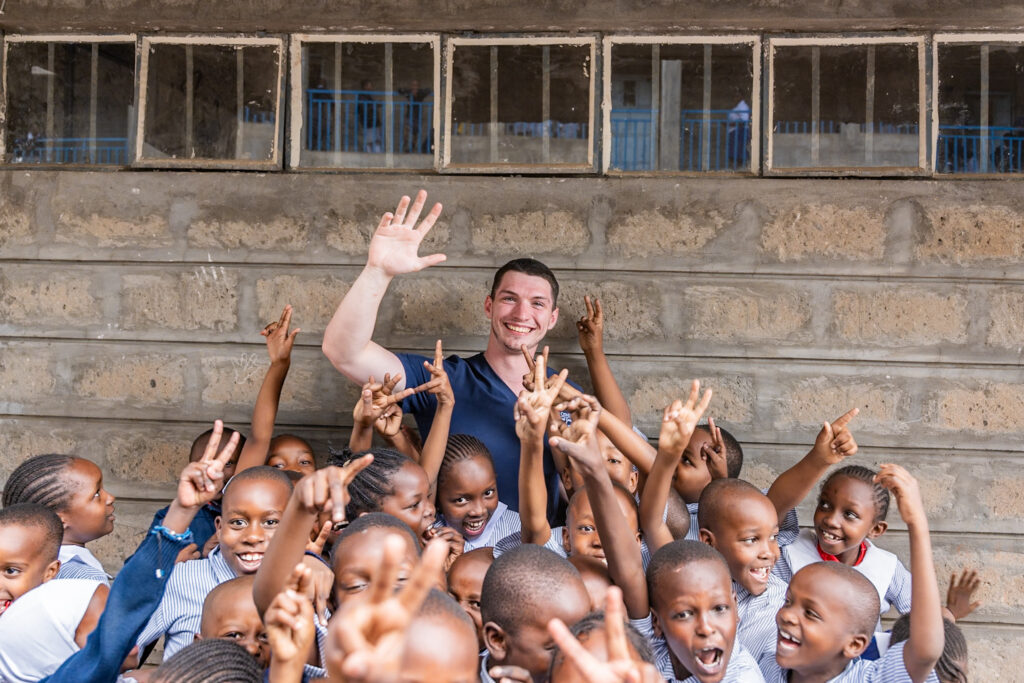
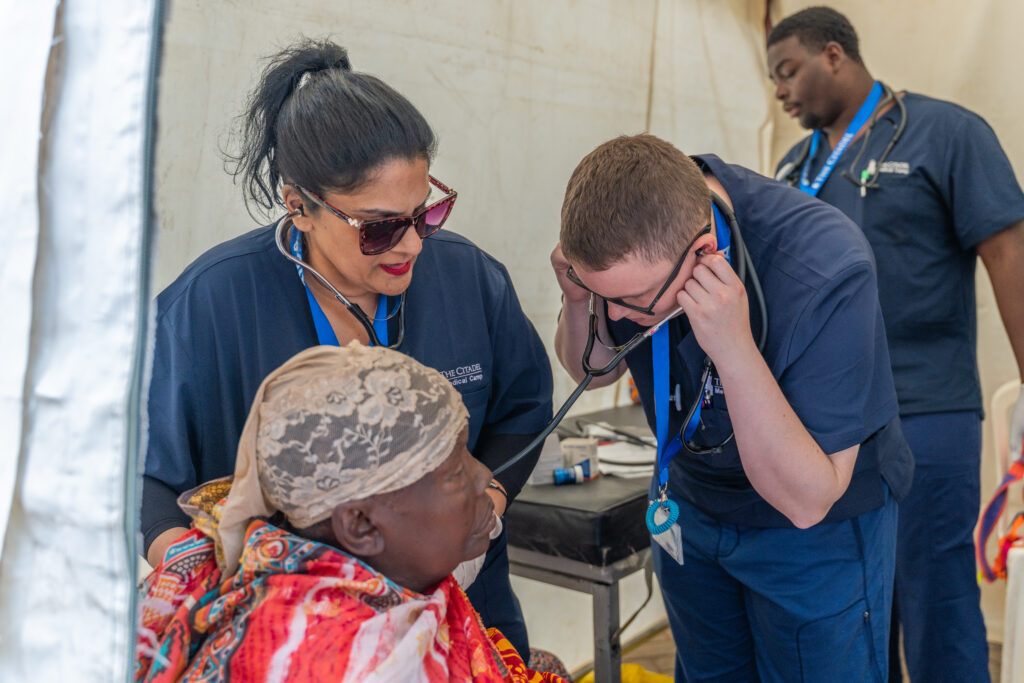
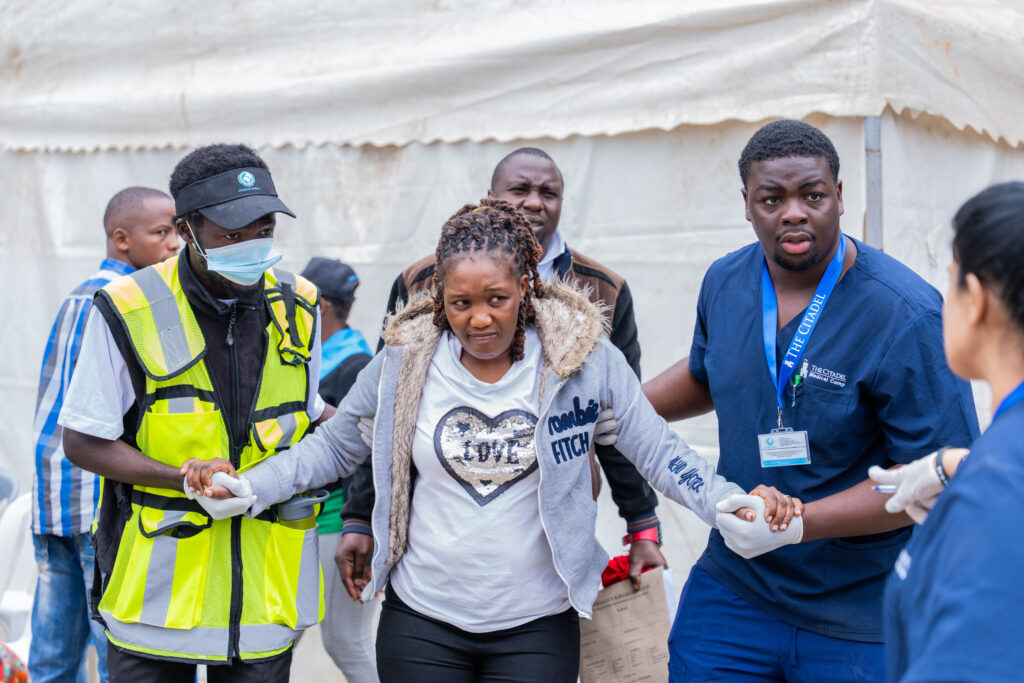
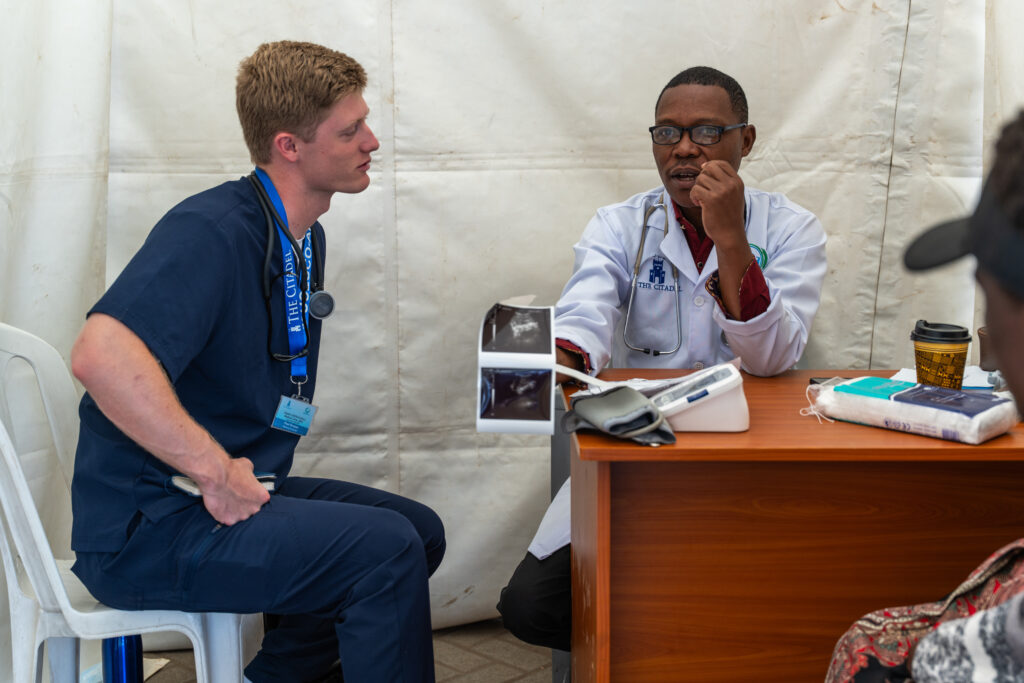
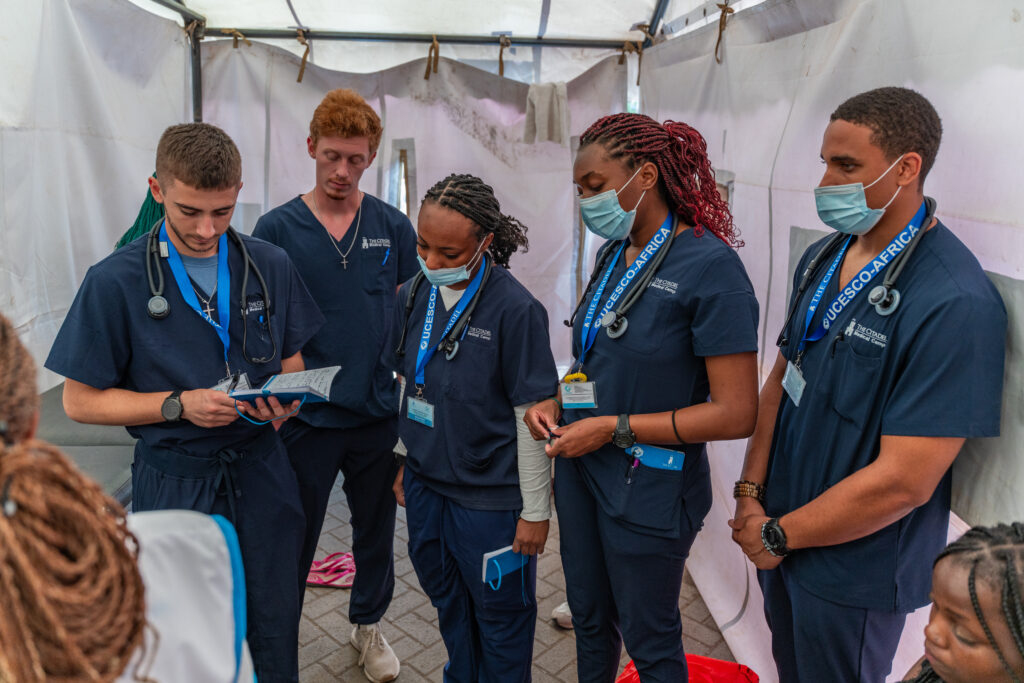
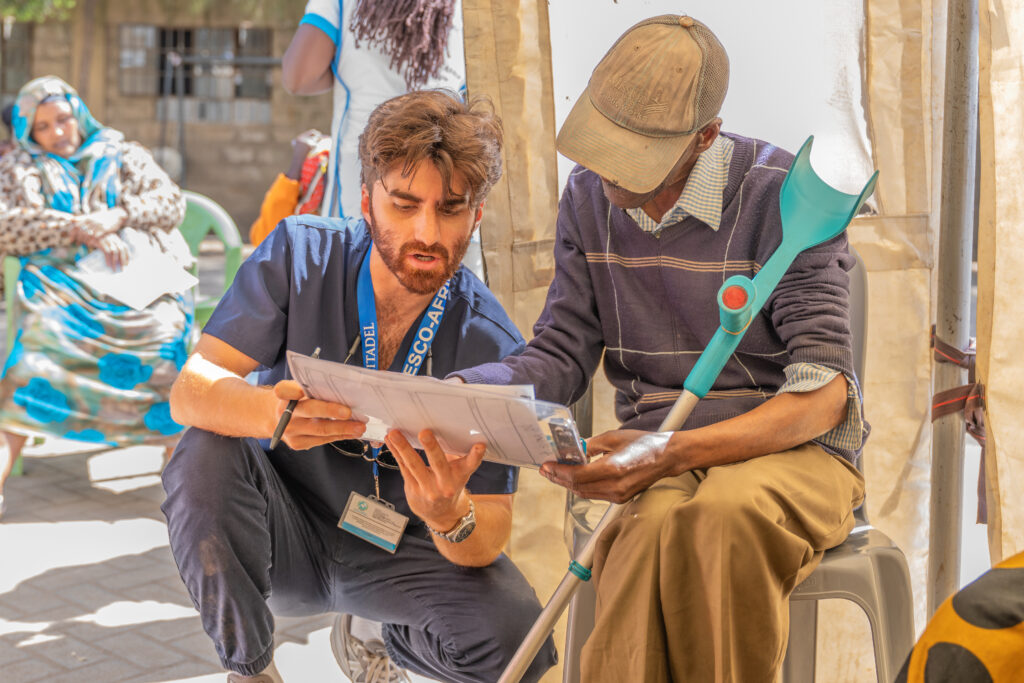
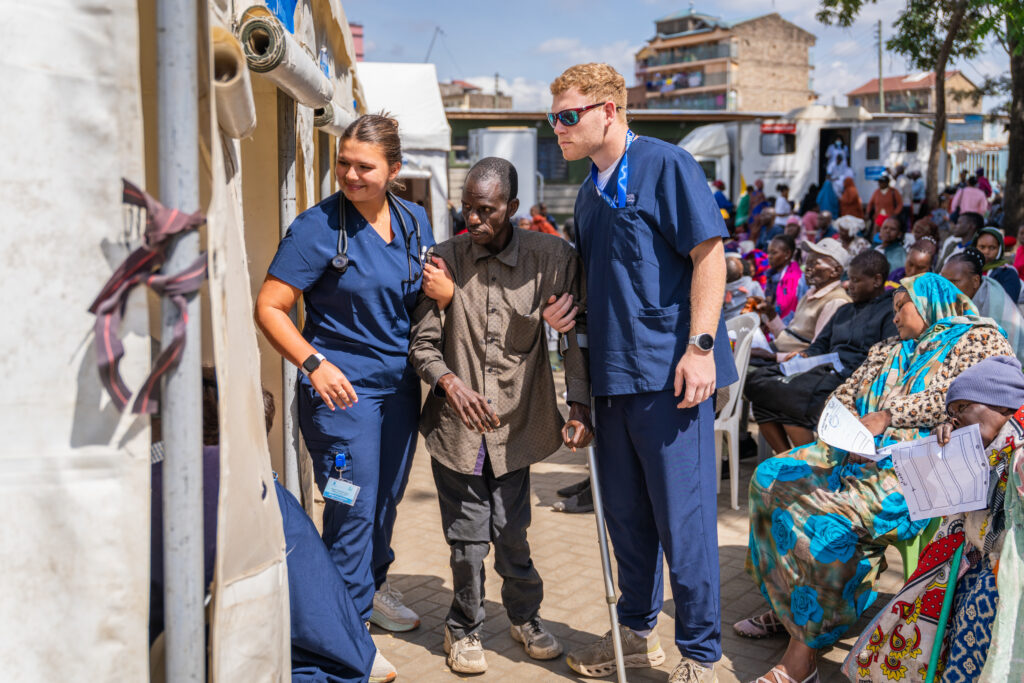
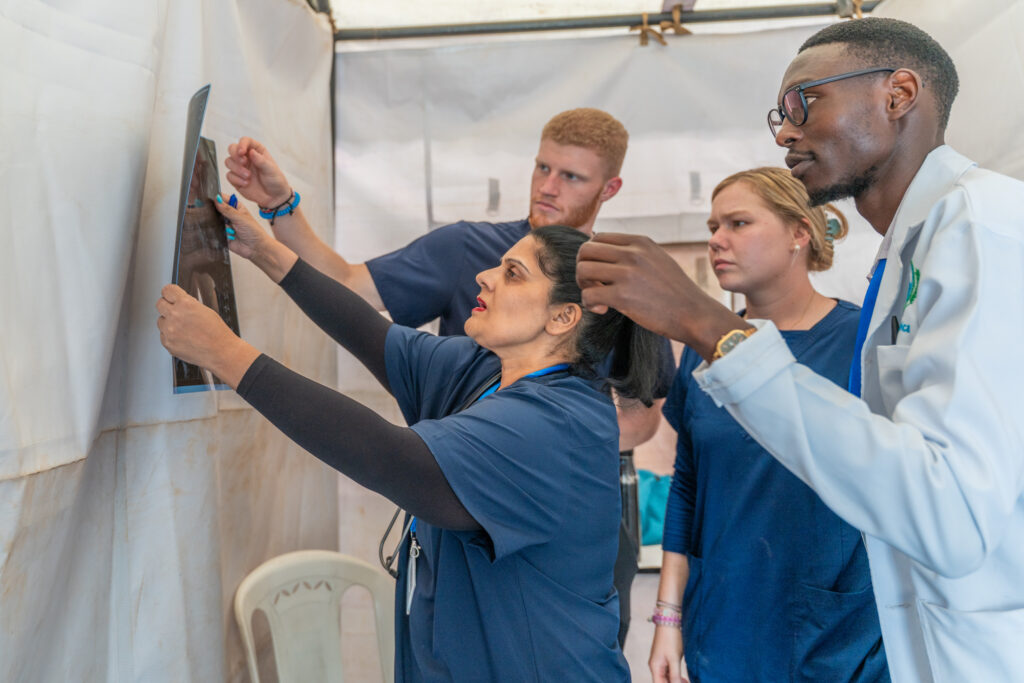
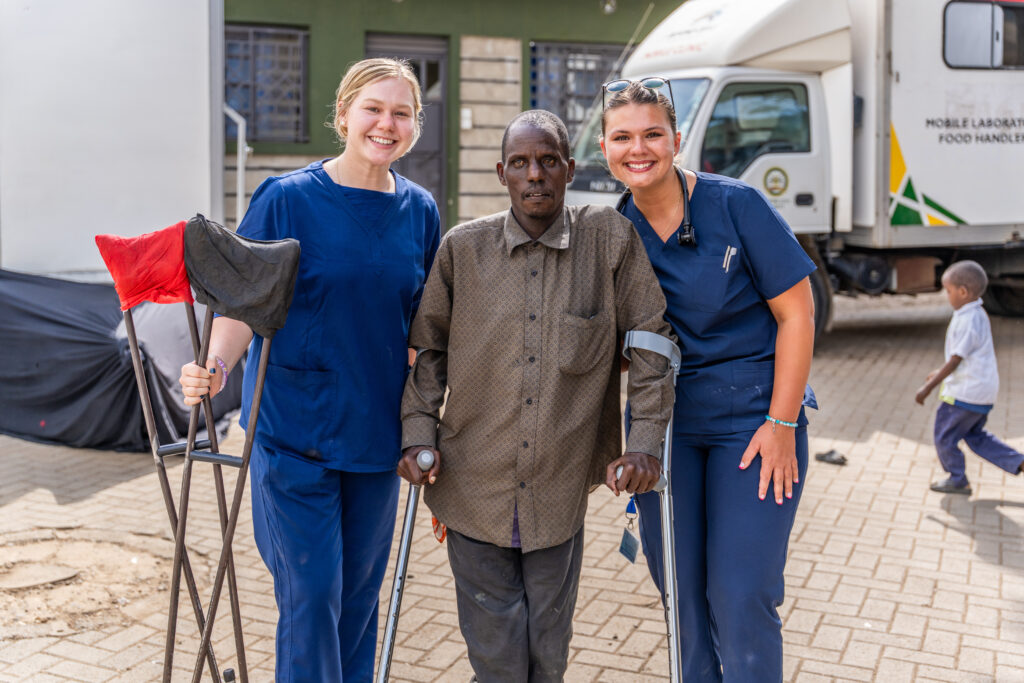
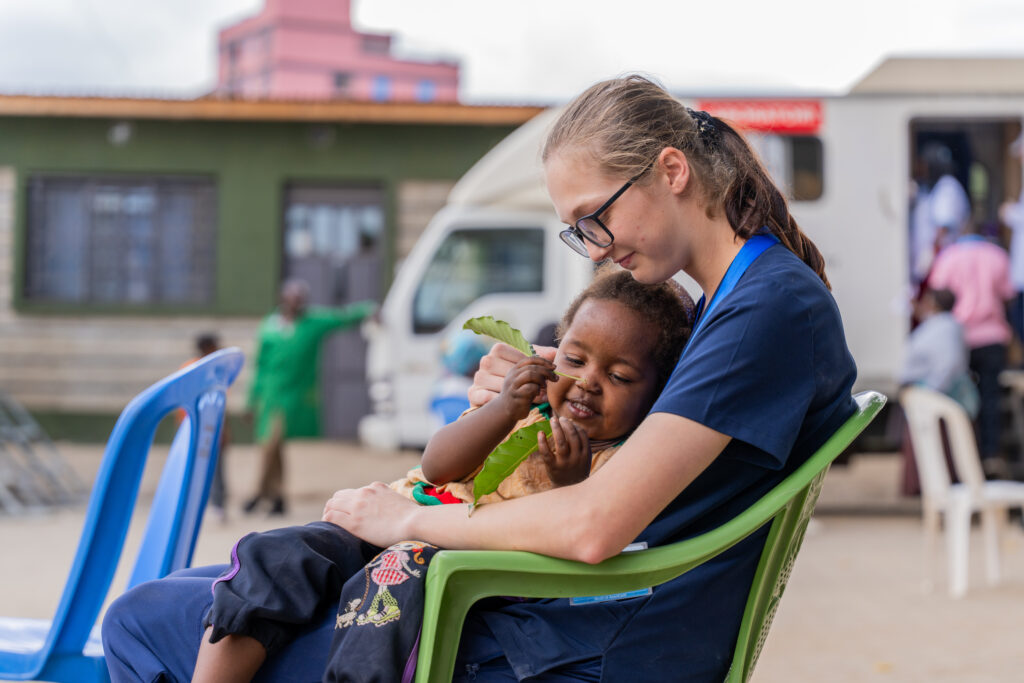
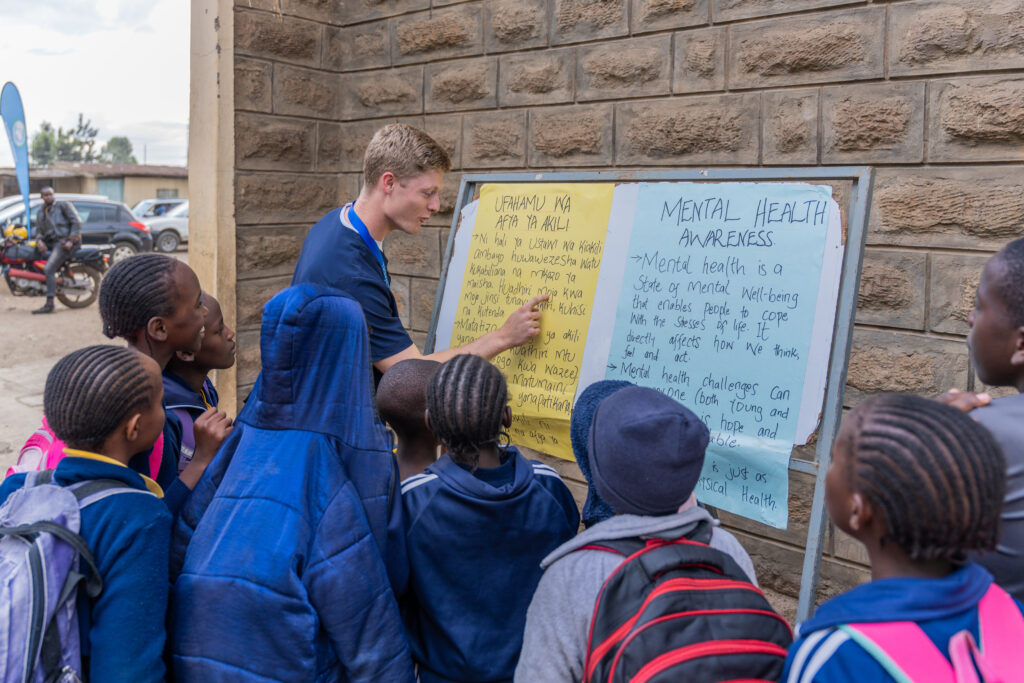
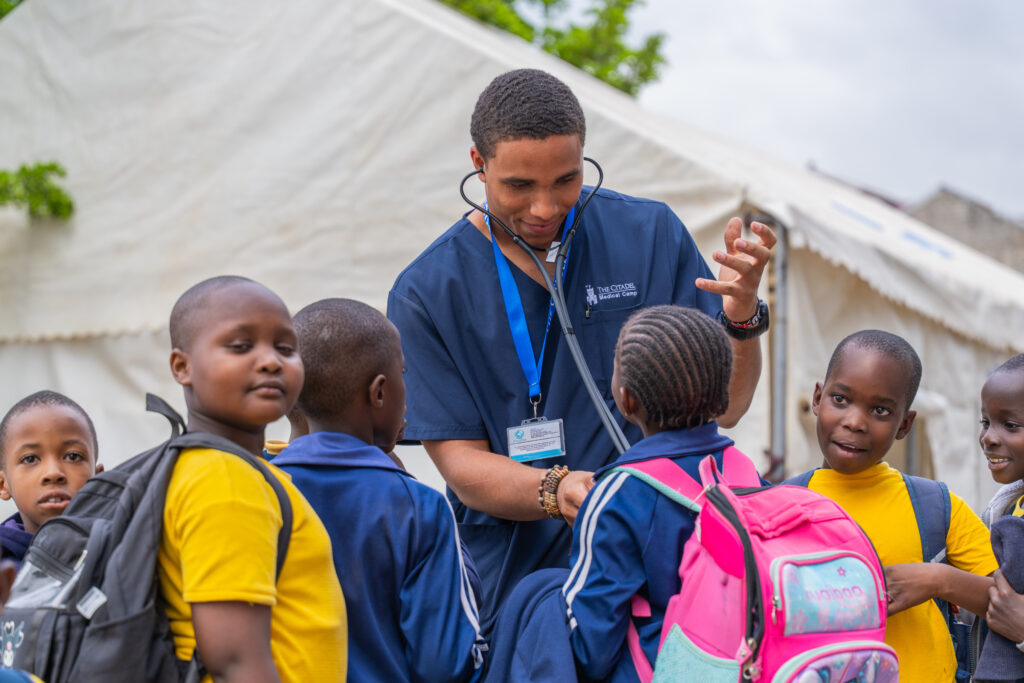
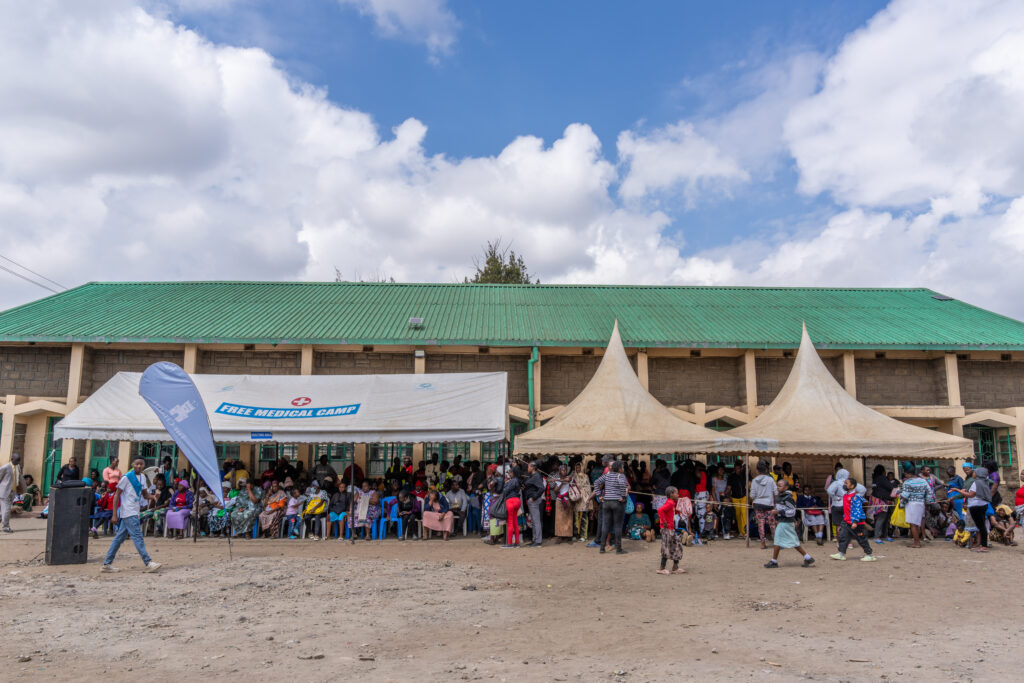
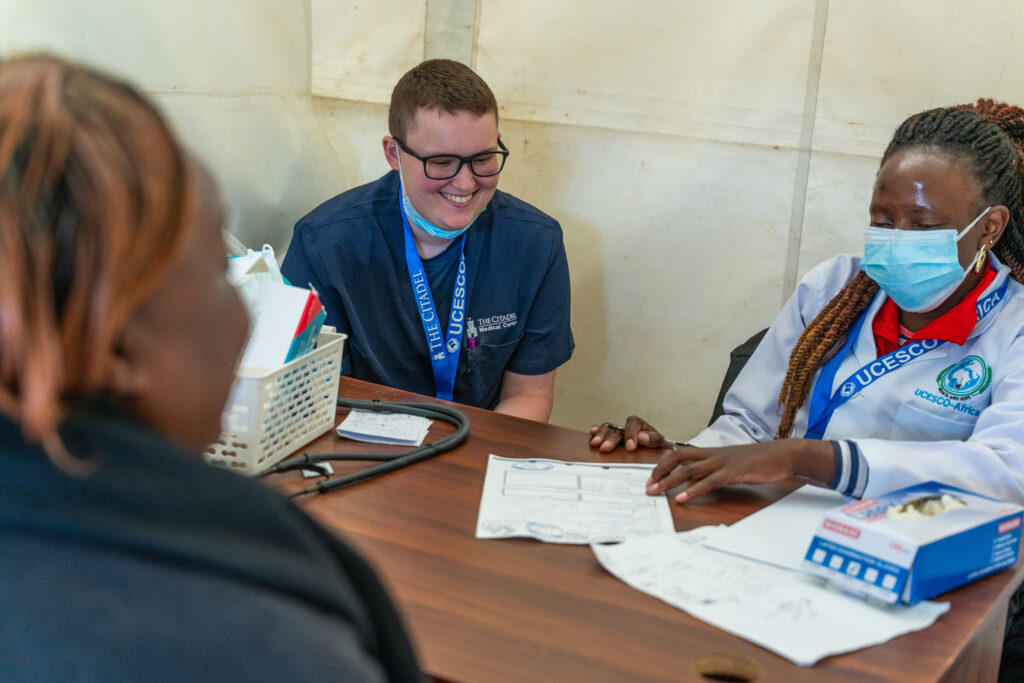
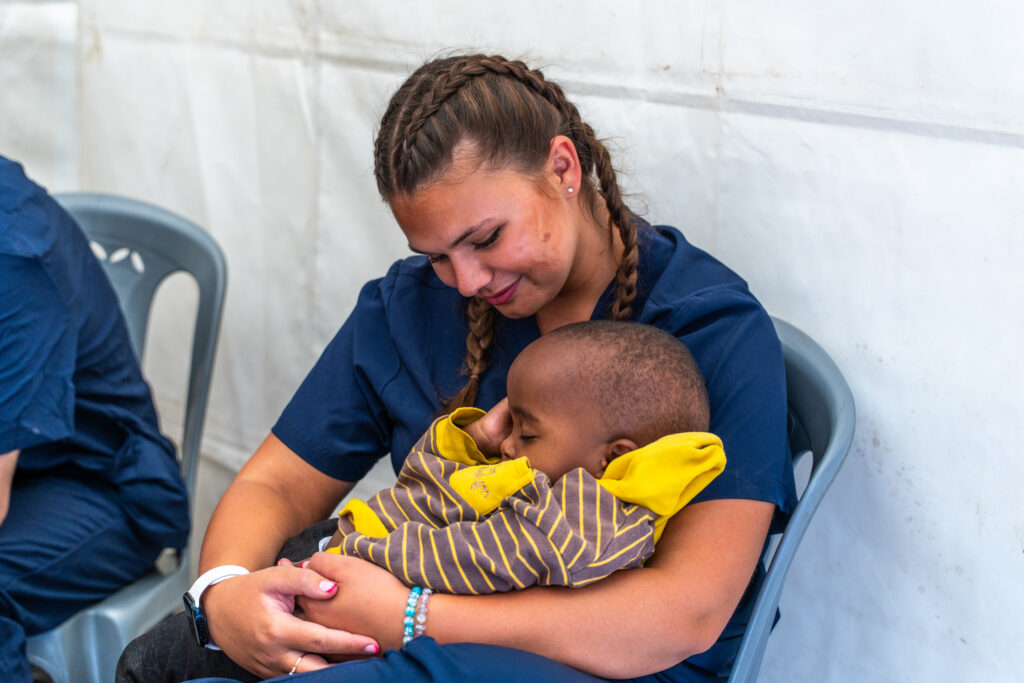
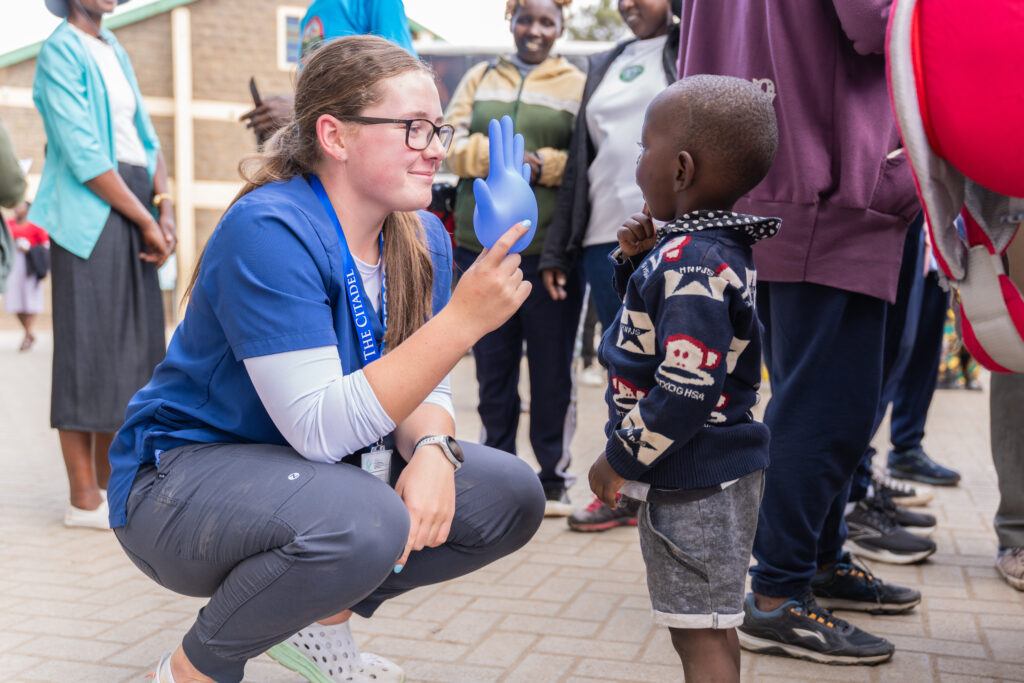
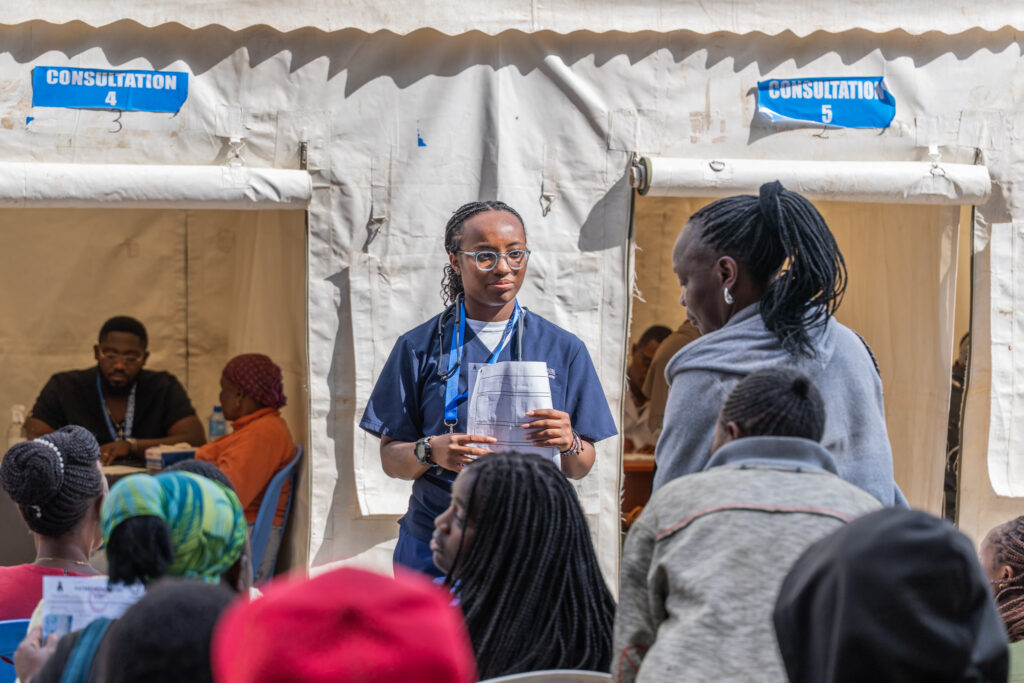
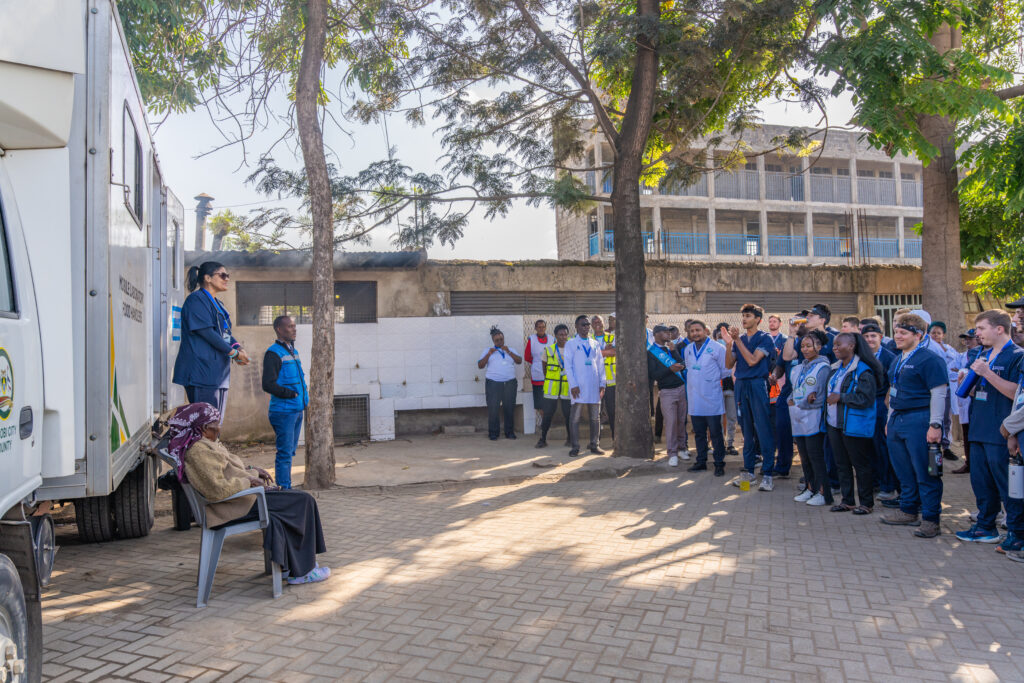
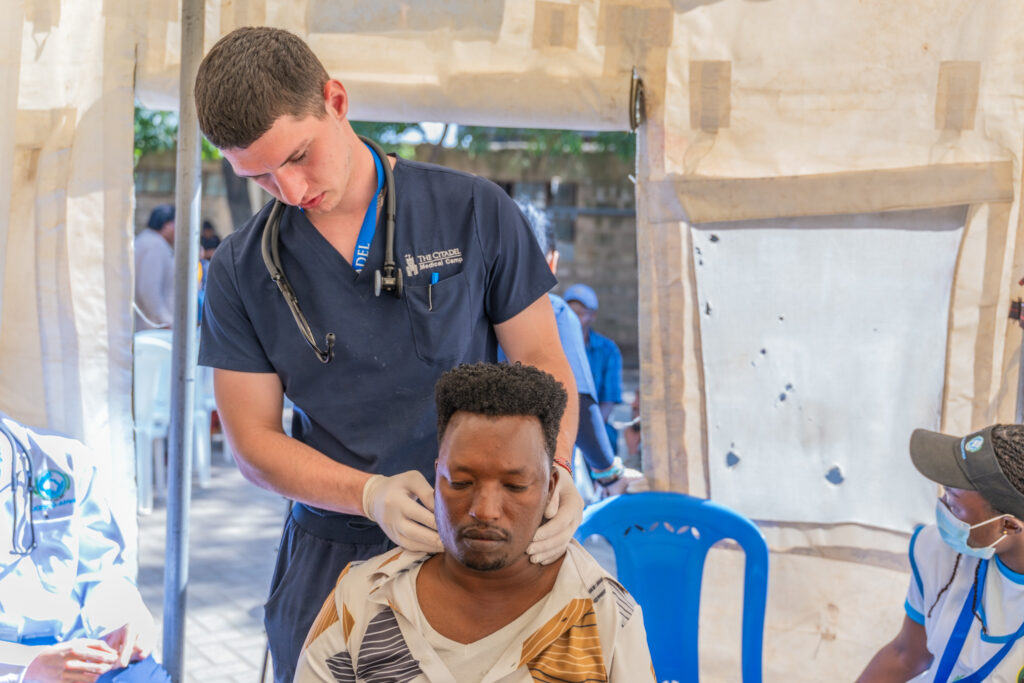
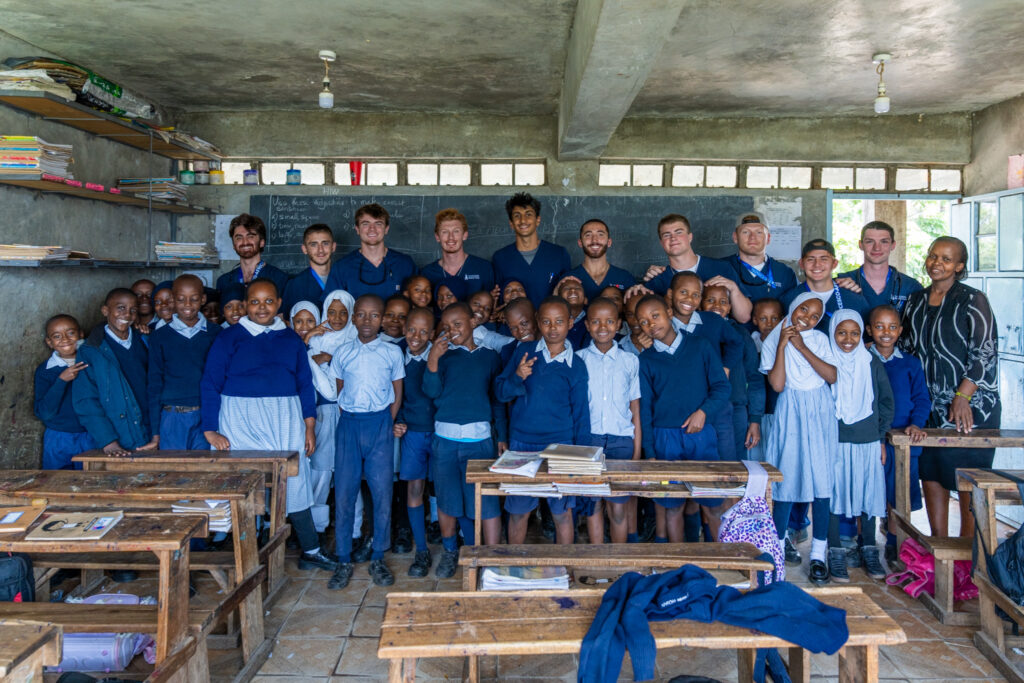
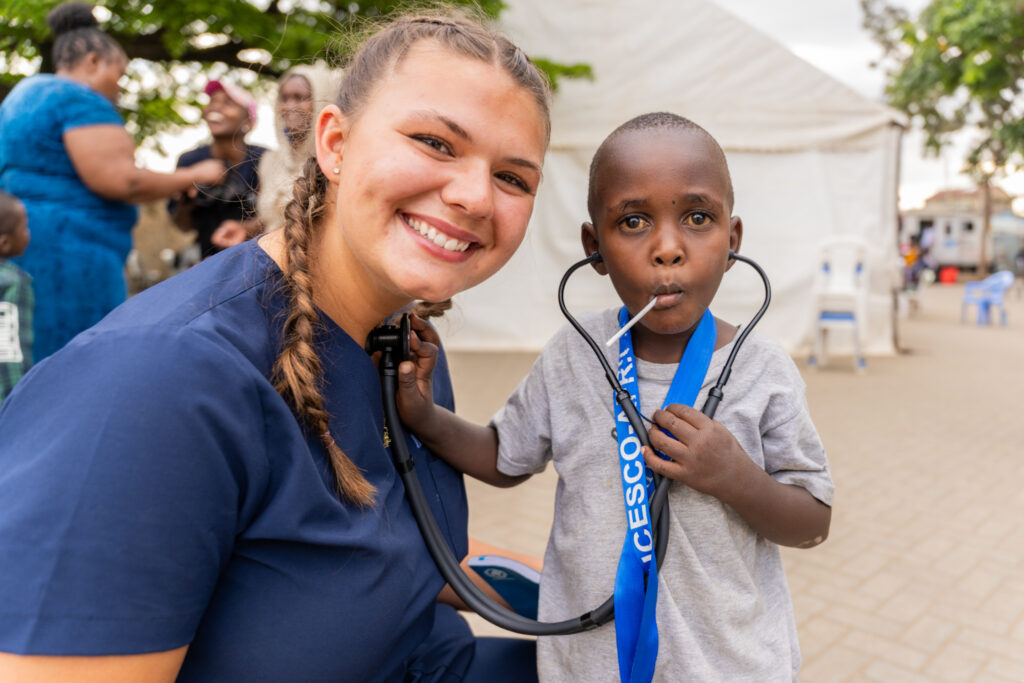
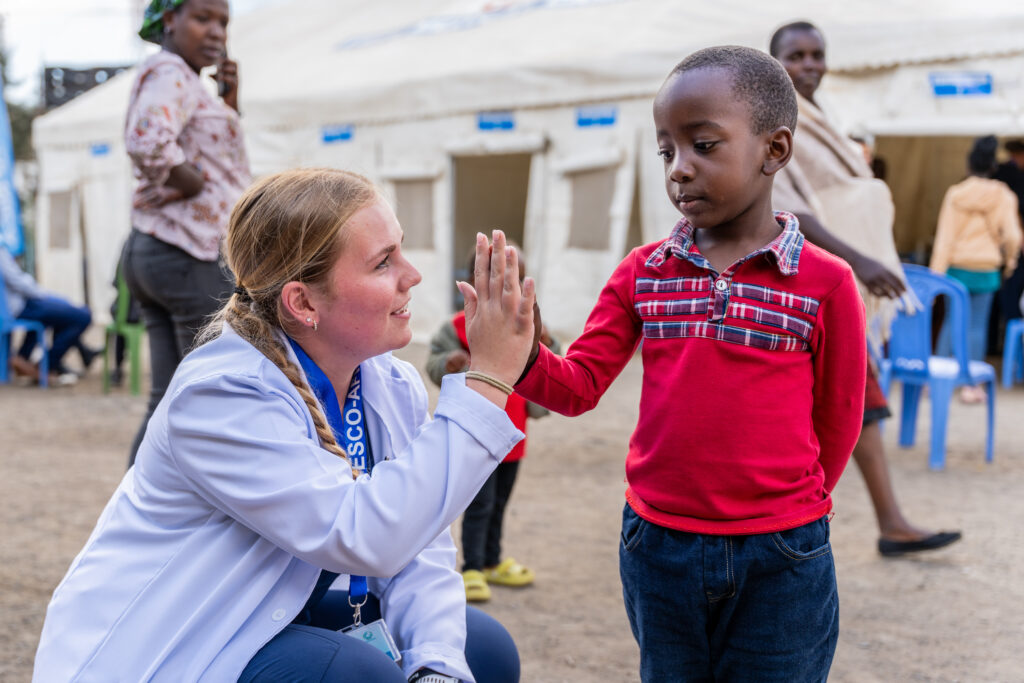
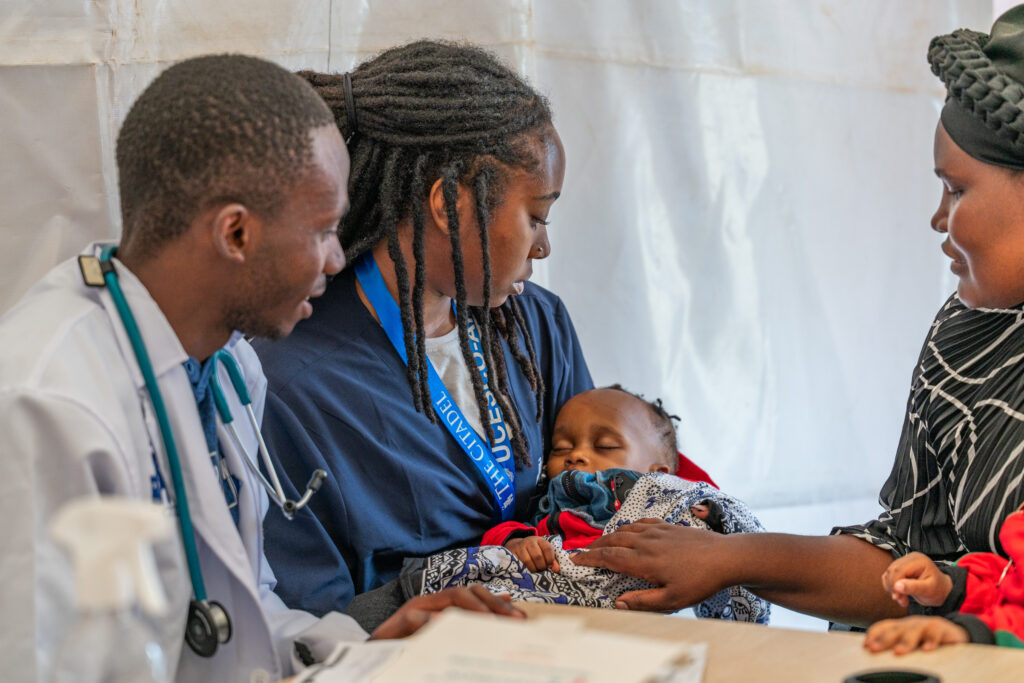
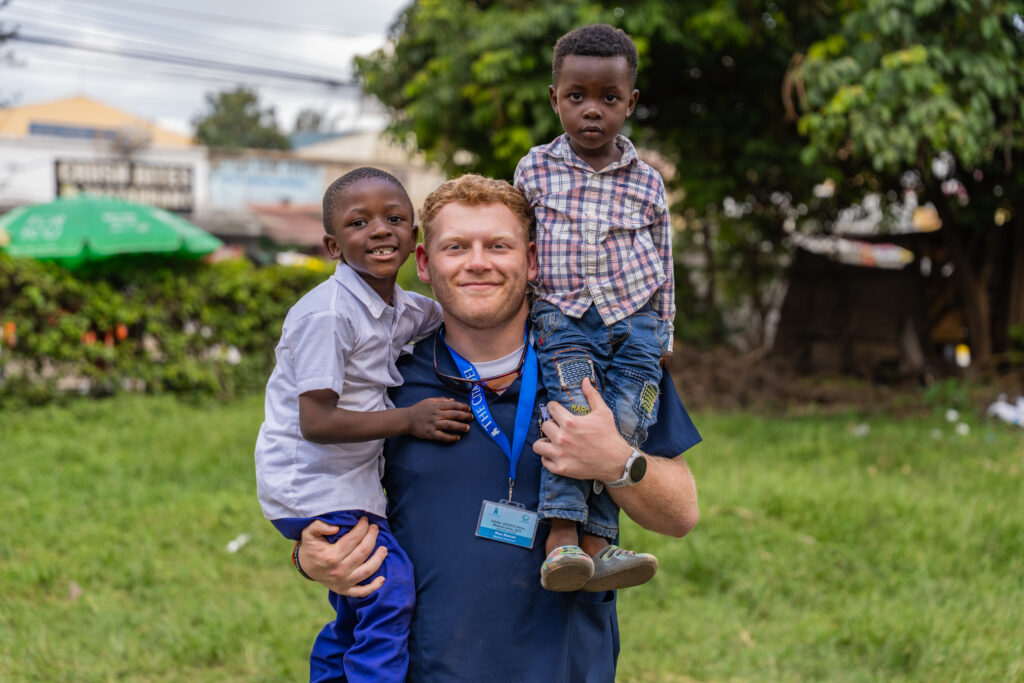
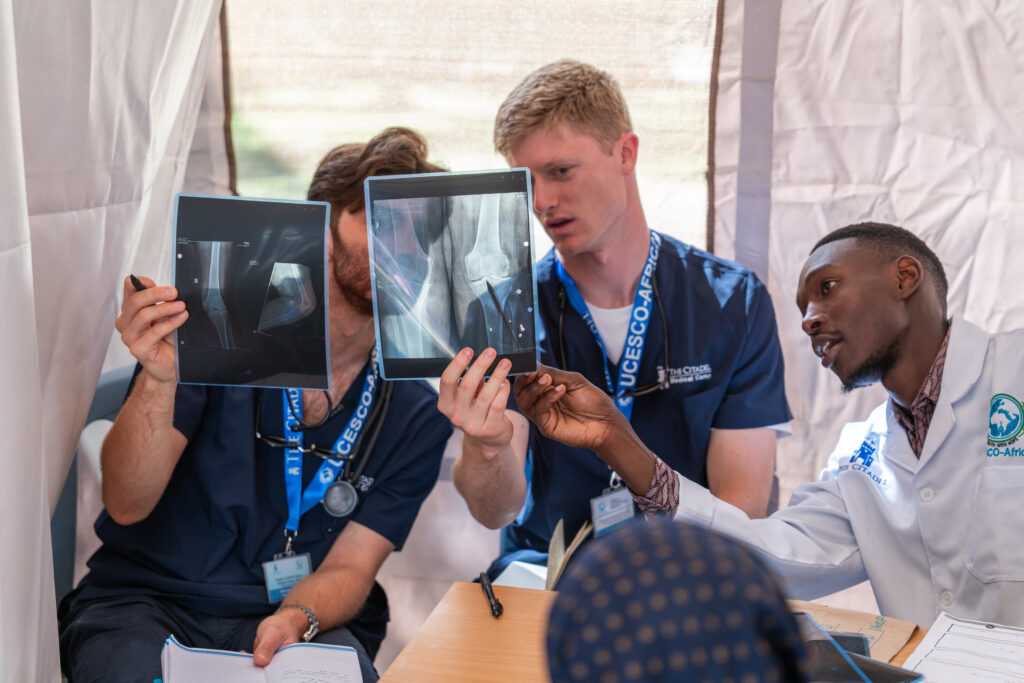
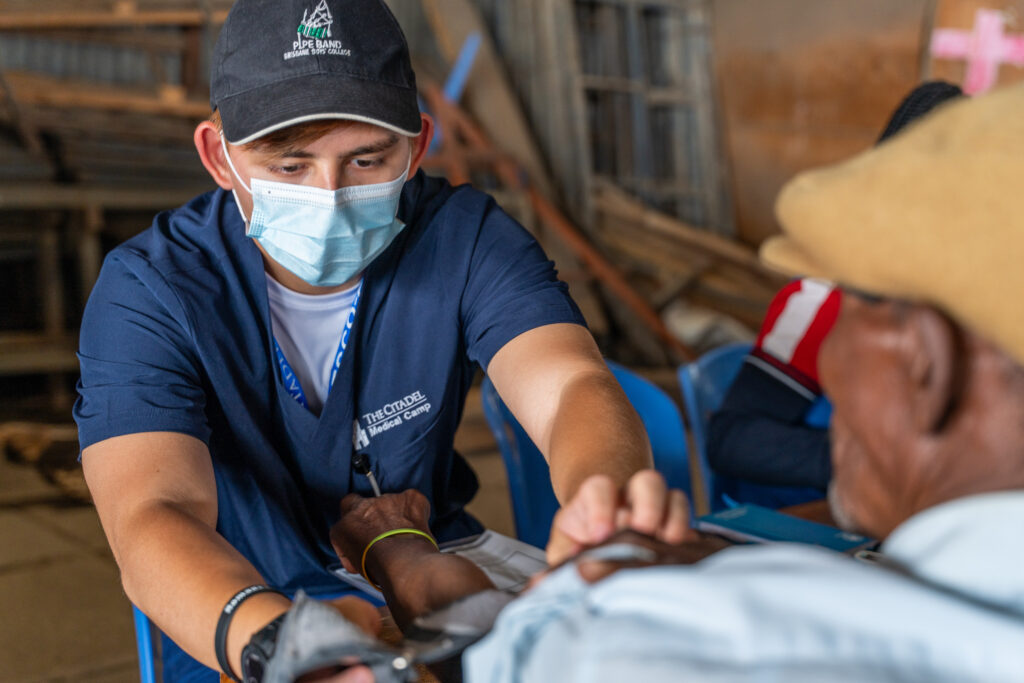
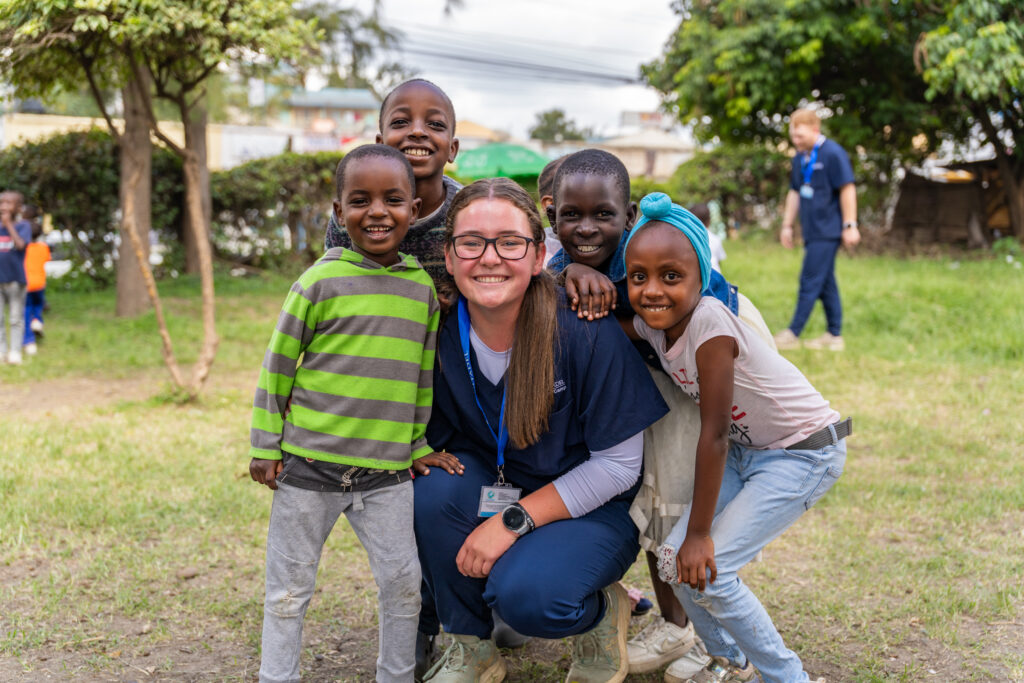
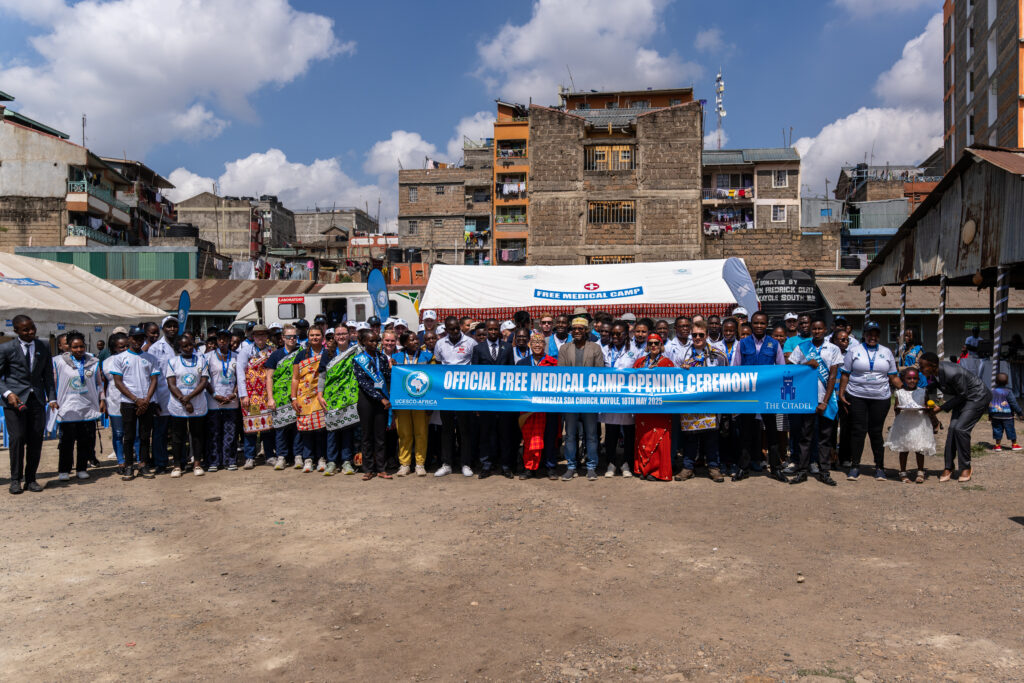
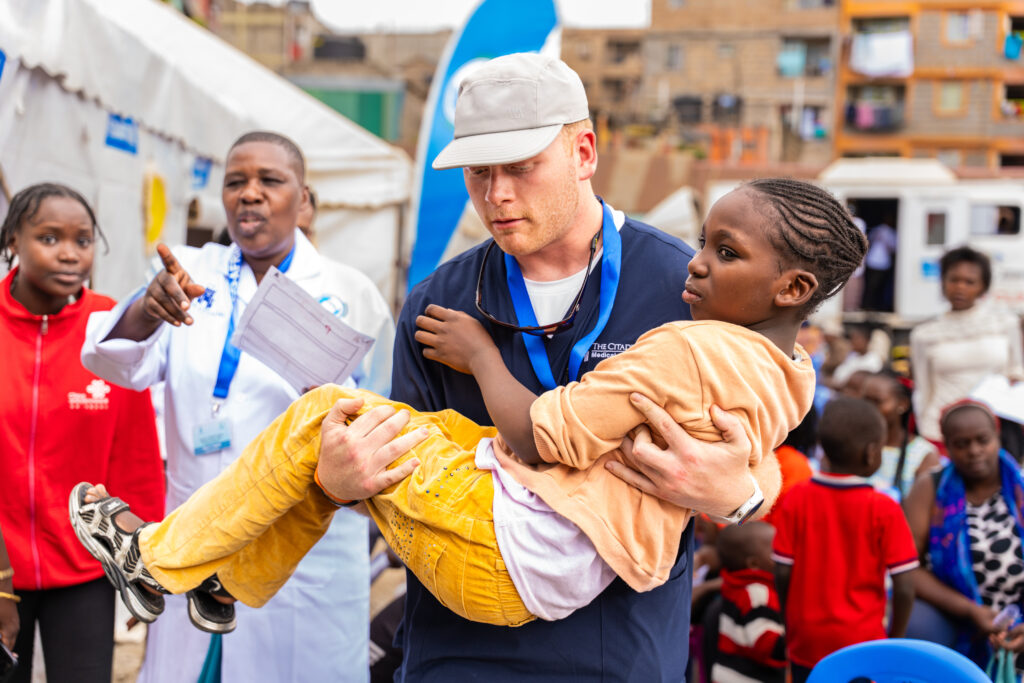
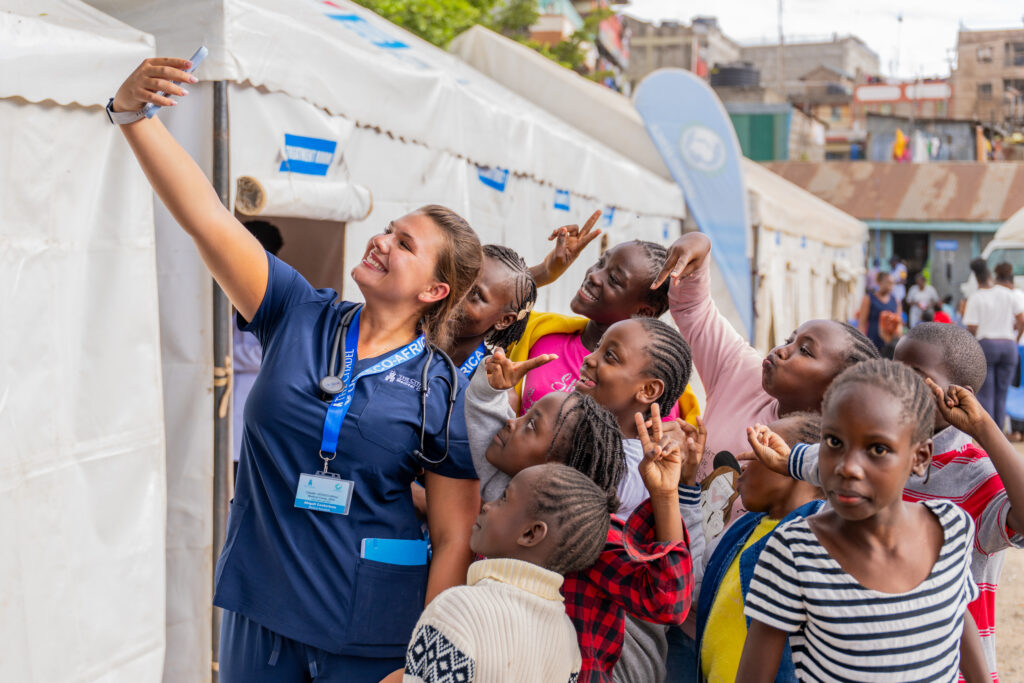
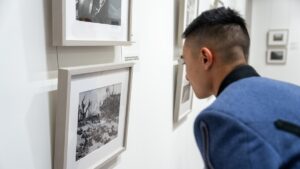 Moore Art Gallery opens “All Hands on Deck” WWII naval photography exhibit
Moore Art Gallery opens “All Hands on Deck” WWII naval photography exhibit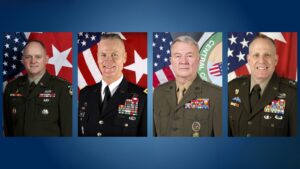 The Citadel’s presidential search committee announces four finalists
The Citadel’s presidential search committee announces four finalists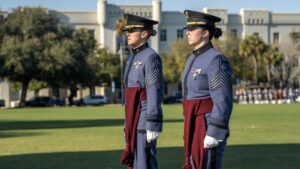 Prestigious Cincinnati and MacArthur awards presented to Citadel cadets
Prestigious Cincinnati and MacArthur awards presented to Citadel cadets


